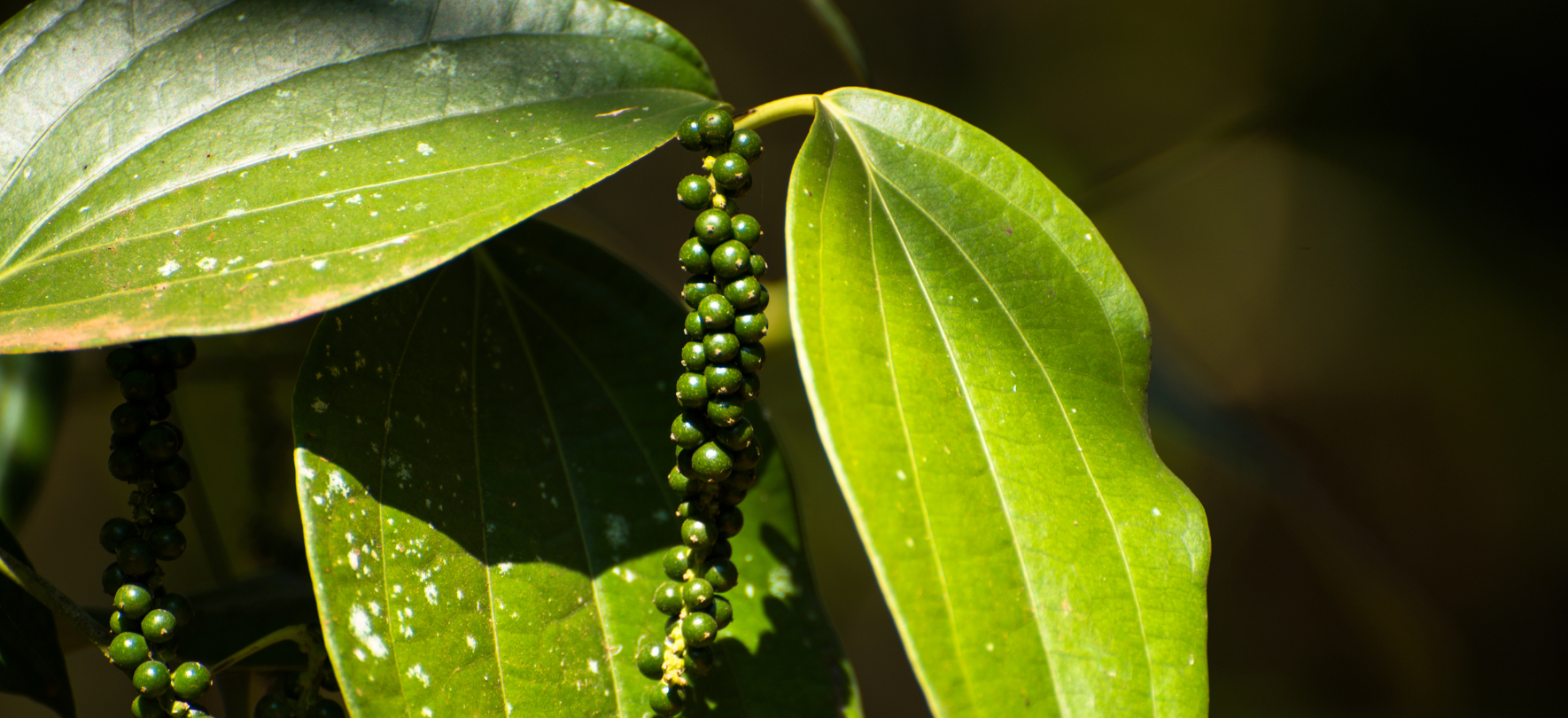Sustainability in Black Pepper Farming: Why Ethical Sourcing Matters for Your Business

Agriculture
3 week ago — 4 min read
As global supply chains come under increasing scrutiny, sustainability in black pepper sourcing has moved from a “nice to have” to a business imperative. Today’s buyers—from international food brands to discerning consumers—expect more than just a quality product. They want transparency, responsible sourcing, and an assurance that what they’re purchasing doesn’t come at the cost of environmental degradation or farmer exploitation.
India, one of the world’s leading producers of black pepper, has begun taking meaningful steps to support sustainable farming practices. For businesses that rely on consistent, high-quality spice inputs, aligning with ethically sourced black pepper isn’t just the right thing to do—it’s a smart long-term strategy.
1. The Environmental Footprint of Pepper Cultivation
Black pepper is a perennial vine that requires support trees and thrives in humid tropical regions. While it’s a high-value crop, its cultivation can pose environmental challenges if not managed properly—especially in terms of soil erosion, pesticide use, and water consumption.
Poor farming practices can deplete the land and lead to declining yields, which not only affects the environment but also creates long-term supply risks for buyers.
2. India’s Push for Sustainable Pepper Farming
The Indian Spices Board has initiated several programs to support sustainability in black pepper cultivation. These include:
-
Promoting organic farming clusters in regions like Kerala and the Northeast
-
Encouraging Integrated Pest Management (IPM) techniques
-
Training farmers in Good Agricultural Practices (GAP) to reduce chemical inputs and improve yields
These initiatives aim to build resilient farming communities while improving the overall quality and safety of the spice.
3. Why It Matters to Your Business
Sourcing black pepper ethically and sustainably can offer multiple advantages:
-
Supply chain stability: Healthy farming practices lead to more predictable yields and fewer disruptions.
-
Regulatory compliance: With increasing scrutiny on contaminants and traceability, sustainable sources are often better prepared for export regulations.
-
Brand value: Consumers are more likely to trust—and pay more for—products that align with ethical sourcing.
Many premium brands now demand documentation of sustainability measures, including organic certification, fair trade labels, and pesticide testing. Being able to demonstrate that your supplier meets these standards can be a key differentiator in competitive markets.
4. What to Look for in a Sustainable Supplier
When vetting a black pepper supplier, ask about:
-
Participation in organic certification or Fair Trade programs
-
Transparent sourcing practices, including documentation of origin
-
Pesticide residue monitoring and COA-backed lab testing
-
Involvement in community or environmental programs supported by the Indian Spices Board
A responsible supplier should not only provide high-quality pepper but also show a commitment to long-term agricultural and ecological health.
In short, ethical sourcing isn’t just a trend—it’s a competitive advantage. As the market becomes more informed and values-driven, working with suppliers who prioritize sustainability can protect your business, build customer trust, and open up new market opportunities.
Click here to source Black Pepper from Verified Suppliers on GlobalLinker.
Content sources: Indian Spices Board | Black Pepper COA & Product Specifications (Marico) | FSSAI Manual for Spices and Condiments
Image source: Canva
Disclaimer: The views and opinions expressed in this article are those of the author and do not necessarily reflect the views, official policy or position of GlobalLinker.
View Malavika 's profile
Most read this week












Comments
Please login or Register to join the discussion